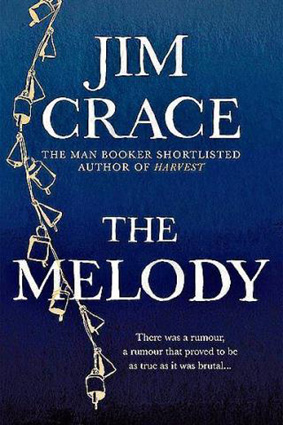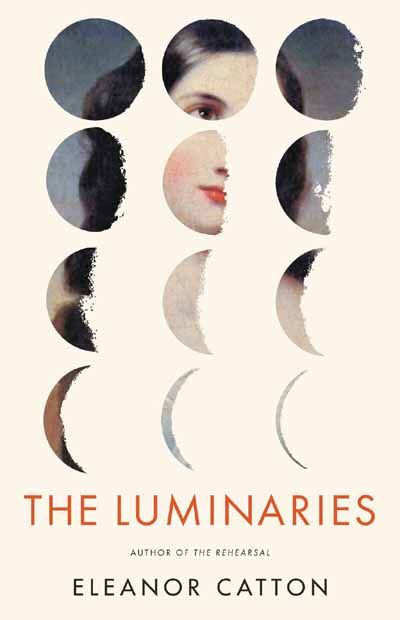When I started this blog back in 2013 one of the very first books I posted about was Jim Crace’s novel “Harvest” which had such a subtly powerful impact on me that it strangely affected my dreams. Looking back on that I’m somewhat chilled to see I discussed the book in conjunction with a documentary about Donald Trump bullying his way into developing a golf course in Scotland. The nightmares I had at that time would have been much worse if I had guessed he’d one day gain the political power he possesses today! Something that I find so fascinating about Jim Crace’s writing is that he’s able to identify many of our underlying fears and anxieties about living in an ever-changing society and situate them in a time and place that are carefully removed from reality. Crace’s fictional landscape resembles our world, but you can’t locate it anywhere in history and its geographical location can’t be found on any map. His fiction is highly realistic in tone and utilises descriptions that feel authentic, but only in the way our dreams feel true in the moment we’re experiencing them.
Crace’s new novel “The Melody” focuses on fictional famous singer Alfred Busi who is entering his twilight years living in the dilapidated villa situated in a seaside town where he was born. His position as one of the town’s most prominent and respected citizens is changing to that of a relic from the past as he’s being honoured by a placement in the town’s Hall of Fame. In conjunction with this honour, he’s been invited to give a performance that’s meant to symbolize the crowning achievement of his career. But he’s unsettled by rumblings from strange animals who plunder the rubbish bins outside his house at night and one evening when he goes down to investigate this disturbance he suffers a brief attack by an unknown naked boy who is plundering his larder. This odd occurrence sets him off on a downward spiral as he becomes aware of an impoverished section of the community that represents a perceived threat to the more civilized citizens of the town. He also discovers there are designs to bring down the crumbling villa he shared with his late wife to make way for a swish new modern development. In this way, Crace dramatizes class conflict and the angst of modern life through the collapse of a grieving musician’s life.
It’s humorous how Crace even takes the joke of his fictional counter-reality into the acknowledgements of this novel. Here he claims to have consulted a biography of Busi, the estate of his family, old issues of the town’s newspaper and also he “thanks the people of…” In not completing this sentence he affirms that this town isn’t specifically located anywhere despite references in the book to real place like Long Island or fancy foodstuff from different real nations. It’s like this quality of verisimilitude in Crace’s fiction is inviting the reader to experience his novel as if it were a play; audience members are always aware that they are watching a play, but if it’s sufficiently moving it will feel true. So Crace’s odd tale has all the marks of our reality, but it’s really occurring in some unconscious realm. There is an inflammatory journalist who seeks to stir in his readers repugnance and fear of the poor with his exaggerated reports of the threat they pose. A community is sanitised and gentrified as wildlife and homeless people are forcibly relocated. It feels like some version of these things happen all around us, but we’re usually only privy to it through second-hand information just like the citizens of Crace’s fictional town. It’s an extraordinary style of writing subtly bending place and time in a way that I don’t think many other authors have done – except perhaps Kazuo Ishiguro in his masterful novel “The Unconsoled”.
That’s not to say I think Crace is always successful in the special way he crafts his novels. While “Harvest” had a propulsive dramatic intensity to it, “The Melody” meanders somewhat and it doesn’t feel like there’s as much at stake. I thought the most effective parts are when Crace writes about Busi’s process of mourning and missing his wife: “The darkness held and always would the wife that he had loved and lost.” It’s also very powerful when he writes about how the limits of our circumstances disallow us from creating the art we’re capable of: “Some melodies are never meant to find their words.” Also, the overall tone of the novel is effectively unsettling and odd. However, the bulk of the story’s action feels too consumed with Alfred Busi’s ill-advised roaming and reconciliations that aren’t quite earned. Crace’s writing always has a graceful beauty to it and his style is utterly fascinating, but I don’t think “The Melody” is quite as strong as some of his previous novels.




















